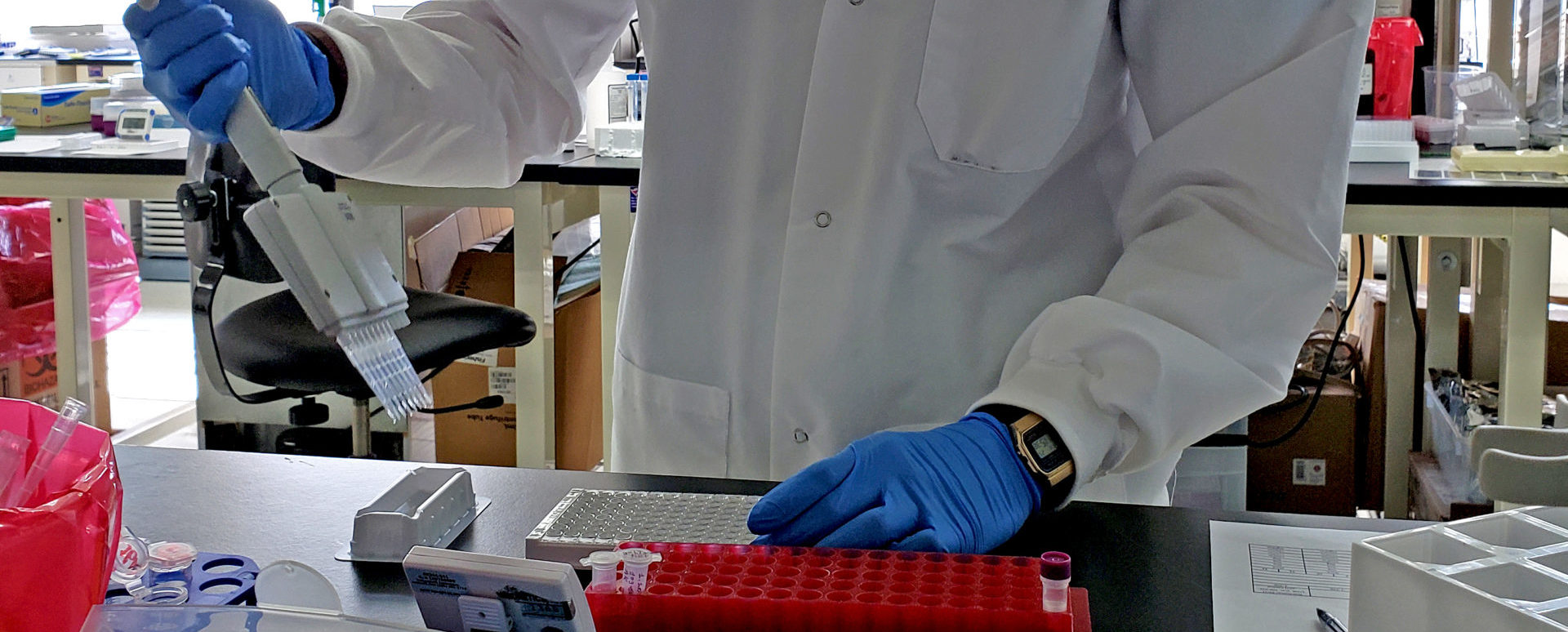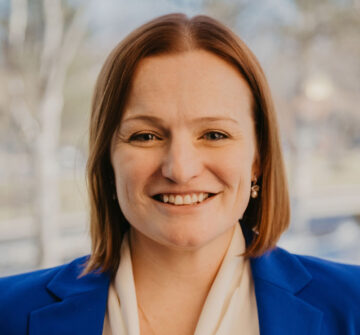Massachusetts is home to countless life sciences companies working to accelerate the commercialization of promising treatments, therapies, and cures that will improve patient care. Kephera Diagnostics is one of these companies and was uniquely positioned to pivot their current pipeline of infectious disease diagnostics from Lyme disease, Zika, and Chagas, to focus their attention on COVID-19.
Kephera Diagnostics, located in Framingham, was founded by Dr. Andrew Levin in 2016. Using blood samples from positive COVID-19 patients, the company is developing an antibody test for the virus that will measure the levels of IgG and IgM antibodies in a patient’s serum. Through their research and the development of this test, Kephera hopes to provide tools to help answer the provocative question: Can an individual be immune to re-infection if they have a high enough level of antibodies?
To help with Kephera’s research and speed up the development of the COVID-19 test, Dr. Levin hired two interns through the MLSC’s Internship Challenge. The workforce development program facilitates and funds paid internship opportunities that enhance the talent pipeline for Massachusetts companies engaged in life sciences. The program connects employers with prospective interns and reimburses eligible companies for intern stipends.
Dr. Levin is no stranger to the program. In fact, he has been hosting interns since 2011 under his former company, Immunetics Inc., before starting Kephera Diagnostics. Dr. Levin believes “it is a great program that offers companies a way to subsidize the talent we are looking for by bringing people on at an early point in their career, while simultaneously helping the interns get a taste of what the work is like in the field.”
“At Kephera, we put interns in the lab to help them learn the ropes and gain the knowledge of what’s involved in the business of test development,” says Dr. Levin. “We start them off generating experimental data that will help point the way to a successful test. They quickly become productive members of our lab team.”
One of Kephera’s current interns, Anton Kobrin, was welcomed back for a second internship in April to assist with the company’s swift pandemic response. His previous knowledge of the company and experience in the lab proved to be vital during this critical time. Due to COVID-19, Anton was sent home from college to continue classes online, which allowed him to start his internship early.
“I have been working with the senior scientists in the lab doing a lot more hands-on experiments that I would never have been able to do a couple of months ago,” said Anton. “I appreciate this opportunity and I am grateful the internship program has been created. I have gained a lot of valuable skills and experience that will be very beneficial to my future.”
During the 2019-2020 program year, the MLSC funding enabled the creation of 507 new internship opportunities at 289 companies throughout the Commonwealth. Students have represented 106 different academic institutions nationwide.
With the pandemic affecting this year’s program, the Internship Challenge quickly adapted in response to the needs of participating companies, permitting interns to work remotely if needed for the duration of the program year. There is no question that the Internship Challenge is imperative to the development of our future workforce and critical to the life-changing work the companies are doing, especially at the height of a global pandemic.



